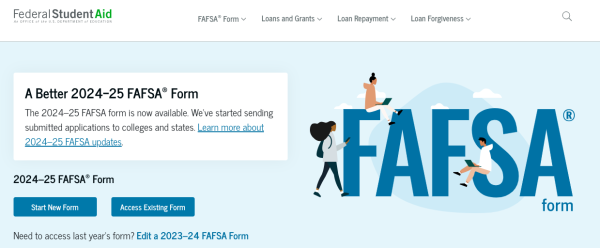Liverpool semester back on track after two years lost to COVID

Students in Liverpool go from visiting castles to historic pop culture landmarks.
Spring study abroad programs are up and running after the COVID-19 pandemic derailed two years of plans, with students once again studying in Spain, Honduras and Great Britain. For those in Liverpool, England, COVID made things harder but Professor Chad Engbers and his students persevered.
“All of the planning is short-term, it’s more contingent,” said Chad Engbers, the literature professor who leads the Great Britain program. “Before, I would have been able to tell you last November where we would be, when, [and] how much it was going to cost.”
That isn’t the case now. Tickets for activities, such as a Shakespeare show in Stratford, are not yet bought because the tentative date of participation is still a month away. Tickets are bought in caution in case a partial lockdown is implemented. According to Engbers, it’s important to “figure out how to have these opportunities during COVID.”
The UK announced a plan to drop most of its COVID requirements on Jan. 19. By Jan. 27, face masks will no longer be mandatory, and vaccine passes will no longer be required to gain entry to large events. Vaccination rates in the UK are high; 84% of the population aged 12 and up have both doses, and 64% have a booster. Additionally, the number of COVID cases has been steadily dropping from a peak in early January.
In addition to the uncertainty around planning, COVID has, according to Engbers, “made everything more labor-intensive.” Students hoping to travel faced a trammel of paperwork: COVID forms for Calvin, COVID forms for their partner college in Liverpool and proof of COVID tests immediately before and after their arrival in England. According to students Sarah Jackson and Samantha Fraser, the possibility of getting a positive test before getting on the plane was the most stressful aspect of trying to travel during COVID. This anxiety became reality for Fraser, who missed her originally scheduled flight after testing positive for the virus. Luckily, she was able to fly to England a few days later, after testing negative.
Once the students arrived in England, worries about COVID subsided. Fraser, a junior studying English and secondary education, said, “there’s definitely a possibility that things could shut down … but right now it isn’t a huge concern.”
“I haven’t really heard much about COVID since I’ve been here,” said Jackson, a junior majoring in history, though she noted that they are “in a bubble” on Liverpool Hope University’s campus.
Despite the challenges that come with studying abroad in the midst of COVID, students’ experiences have been overwhelmingly positive. Katie Rosendale, a junior on the Liverpool trip, told Chimes, “Everything about the trip has been wonderful, honestly.” All three students told stories about how their schoolwork has been positively supplemented with excursions to the settings of the tales they are reading. After reading about the Norman invasions, the group visited a castle from that time period. Rosendale and Fraser said exploring Liverpool itself has also been a highlight.
“Physical presence is really a premise of this program,” Engbers said. After an unprecedented hiatus due to a global pandemic, the ability to learn through physical presence in international countries is once more within reach.





